EU bans coronavirus vaccine exports to Australia
Australia’s immunisation rollout in disarray as EU immediately bans Covid vaccine exports so Europeans can get it first.
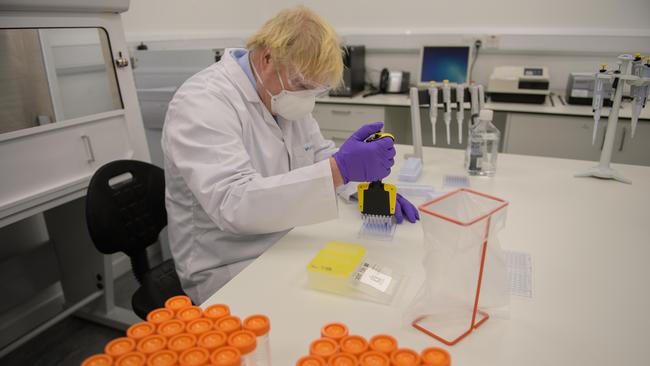
The European Commission has slapped an immediate export ban on coronavirus vaccines to Australia so European citizens can be vaccinated first, throwing the rollout of Australia’s program into disarray.
In a dramatic move that could escalate into a broader trade war, the EU has begun hoarding the vaccines for 450 million Europeans after claiming the UK had “hijacked’’ doses of the AstraZeneca vaccine made in a Brussels plant.
The new rules, released overnight, will stop or slow the rate of export of any vaccines made or bottled in Europe to anywhere outside the continent, including Australia.
This will immediately affect Australia’s 80,000 doses of the Pfizer BioNtech vaccine made in Puurs, Belgium, which is due in the coming weeks to start Australia’s vaccination program.
Australia’s 3.8 million international AstraZeneca Oxford vaccine doses, made in Seneffe, Belgium, had already been cut to 1.2 million and Europe’s moves have added fresh uncertainty about this reduced amount.
Australia failed to obtain an exemption from the European rules despite the diplomatic efforts of Foreign Minister Marise Payne and Health Minister Greg Hunt.
However the European Commission — the executive branch of the EU — has provided exemptions to countries such as Algeria, Egypt, Jordan, Lebanon, Libya, Morocco, Palestine, Syria, Tunisia, Armenia, Azerbaijan, Belarus, Georgia, Israel, Moldova, Ukraine, Norway, Serbia, Switzerland and the Vatican City.
European politicians are under huge pressure to increase vaccination rates within the bloc after a slow start to their inoculation program, starting a month later than the UK; and exacerbated by supply issues. Only two per cent of Europe have been given a coronavirus inoculation compared to ten per cent of the UK who have had their first jab.
The European Commission said the measures were “to ensure timely access to COVID-19 vaccines for all EU citizens and to tackle the current lack of transparency of vaccine exports outside the EU’’.
EU bureaucrats want to know if the big pharmaceutical companies are fulfilling non-EU orders at the expense of delaying any supplies to the 27-nation bloc.
The commission says it will now assess if the volume of exports poses a threat to the execution of the Advance Purchase Agreements the EU has concluded with vaccine manufacturers.
German Health Minister Jens Spahn warned the German public of “at least another 10 weeks of shortages”.
The Commission’s new rules were flagged following manufacturing issues that halved supply of the Pfizer and AstraZeneca vaccines in recent weeks.
European politicians have scrambled to secure supplies as vaccination programs slowed drastically, and in some regions stopped altogether. In France, vaccinations for 12 million people living in and around Paris have been halted, and other regions have had to push back their plans by six weeks.
In Madrid and in North Rhine Westphalia, the Spanish and German governments have stopped new inoculations, preferring to use dwindling supplies to provide the second jab to those who have had the first one. Barcelona and the wider Catalonia region are due to run out of supplies by this weekend.
Italy and Poland have threatened legal action to try to force the European manufacturers to divert stocks to their countries.
Earlier this week, Pfizer officials told The Weekend Australian “it is critical that governments do not impose export restrictions or other trade barriers that risk creating uncertainty and disrupting supply of vaccine to patients around the world’’.
Some of the uncertainty about Australia’s international supply stems from the country’s success in managing the virus. Australia’s perceived need for vaccines is much less than in Europe, where coronavirus death rates are still high and populations are under severe lockdown conditions.
The European issues stem from two unrelated problems.
Pfizer has had to halt production at its factory in Puurs for several weeks to increase its manufacturing output. At the same time, European officials have accused AstraZeneca of fulfilling an 100 million British order ahead of the Europeans’ contract for 400 million doses, providing British patients with jabs not only from its UK plants in Wrexham and Oxford, but from the Seneffe factory in Belgium and another in The Netherlands.
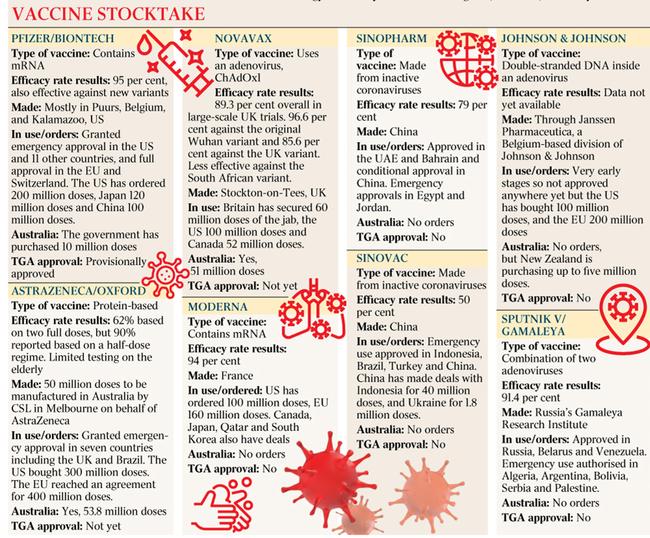
The amount of Australia’s initial supply of the AstraZeneca vaccine, which is being imported from Europe before local manufacturing begins, has already been slashed as the UK pharmaceutical giant struggles to fulfil global orders of hundreds of millions of doses of its viral vector shots, amid problems with vaccine yield at its Belgium plant.
European Council president Charles Michel said Brussels was exploring “urgent measures to ensure effective vaccine productions and supply for our population”.
Australian drug company CSL, which is contracted to make the AstraZeneca vaccine at its Broadmeadows plant in Melbourne, on Friday said it had experienced initial problems growing the cell culture to manufacture the 50 million doses onshore.
Australia is importing 3.8 million doses of the AstraZeneca jab from Europe, and CSL will manufacture 50 million doses in Melbourne. Australia is also importing 10 million doses of the Pfizer jab.
“Vaccine manufacture is highly complex, and it is not unusual to experience variations in yield levels in the initial product manufacturing runs — particularly for a new vaccine,” CSL said in a statement.
“In close consultations with AstraZeneca, we have leveraged our deep expertise in vaccine development and recombinant drug manufacture to optimise the AZD1222 manufacturing process and achieve higher yields for each batch.’’
CSL said it was “striving” to deliver the first doses of locally manufactured vaccine from late March, following Therapeutic Goods Administration approval and testing.
The Morrison government expects CSL will supply one million doses of the AstraZeneca vaccine per week from late March.
As well as orders for the AstraZeneca and Pfizer jabs, Australia has also contracted to buy 50 million doses of the Novavax vaccine.
Phase 3 interim trial data for that vaccine, released on Friday, shows it has an effectiveness of 89.3 per cent with a strong protection against the highly contagious British variant of the virus.
The Novavax vaccine was found to be 95.6 per cent effective against the original COVID-19 virus and 85.6 per cent effective against the British variant.
It also appears to offer strong protection against the dangerous South Africa variant.
On Friday, Health Minister Greg Hunt defended the efficacy of the AstraZeneca vaccine in the elderly, after Germany’s vaccine committee recommended it not be administered to people who are aged over 65. German officials were not satisfied that the efficacy of the vaccine had been demonstrated in the elderly, with only limited numbers of volunteers aged over 65 having been included in phase 3 clinical trials.
Mr Hunt said the TGA had noted there was “no evidence in relation to any risk with regards to effectiveness or other elements” in relation to the AstraZeneca vaccine’s administration to elderly people. The British regulator has approved the AstraZeneca vaccine for use in all age groups.
Mr Hunt confirmed Australia’s first vaccinations were set to begin late next month, but the first weeks of the COVID-19 immunisation program would start slowly, with Pfizer able to guarantee the supply of only an initial 80,000 doses in late February.
The government expects to receive about 80,000 doses of the Pfizer vaccine per week in March, with the company contracted to supply 10 million doses this year.
But Pfizer’s vaccine exports from its plant in Puurs, Belgium, could be interrupted by the EU’s export ban move to shore up supplies for the 27-nation bloc.
Pfizer’s manufacturing capabilities have been hindered by attempts to ramp up production in an effort to produce two billion doses of its vaccine by the end of the year.
As well as the diplomatic representations made by Senator Payne, Mr Hunt has been in discussions with his British and European counterparts in an effort to secure supply.
The EU has vowed to use “all legal means and enforcement measures” to ensure its own orders are fulfilled, including drawing up new rules to block exports.
“We understand that the whole world has to deal with supply shortages,” Mr Hunt said.
“But the Foreign Minister has confirmed that Australia will be making representations through the World Health Organisation, and through Europe, with regards to ensuring vaccine supplies and certainty for Australia.”
WHO European chief Hans Kluge said he was fielding representations from multiple nations.
“The telephone line is very hot, as you can imagine,” Mr Kluge said. “We stand by them and we do understand the situation.”
The moves to interrupt the export of vaccines from Belgium come as AstraZeneca struggled to provide a scheduled 80 million doses to the EU in the first quarter of this year. It has said it may be able to supply only 31 million doses, prompting threats of legal action by European countries.
AstraZeneca’s supply difficulties relate to the amount of usable vaccine it has been able to extract from each manufacturing run, which depends on how the virus is able to be grown inside human kidney cells in special bioreactors.
The AstraZeneca vaccine uses a chimpanzee cold virus to courier a piece of genetic code into the body to trigger an immune response, and the growing of this viral vector is highly sensitive to variations in temperature and oxygen levels, which can reduce the volume of cells that are grown.
The problems in Belgium are similar to those faced by CSL, and company chairman Pascal Soriot said the issues were not unusual.

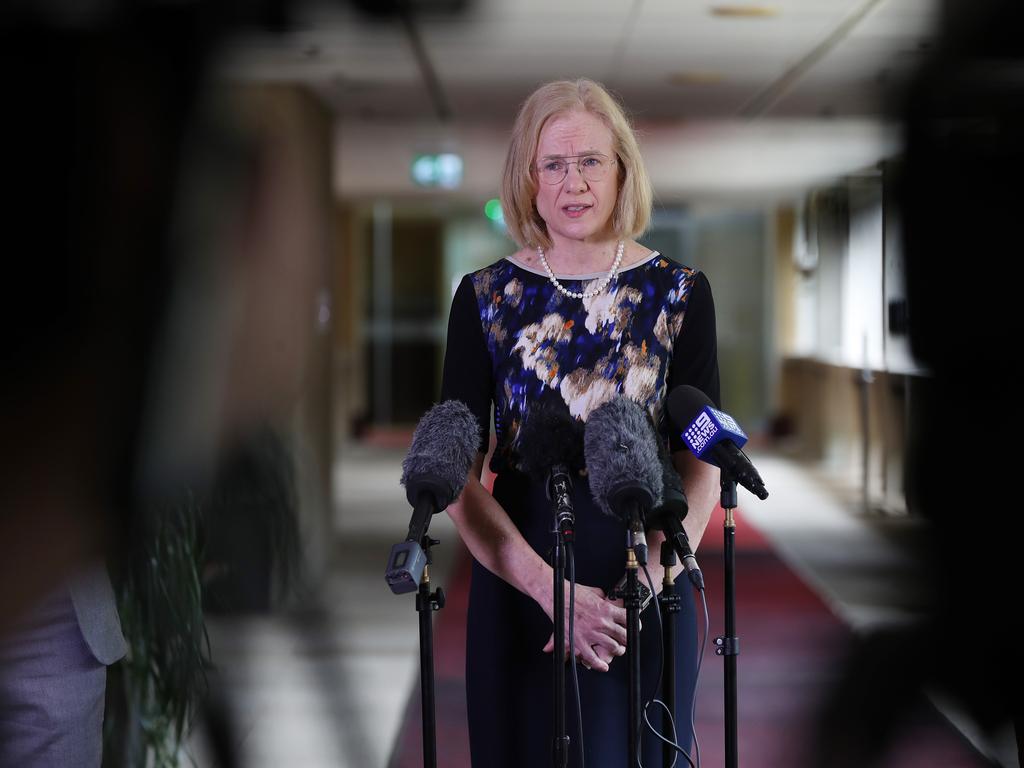
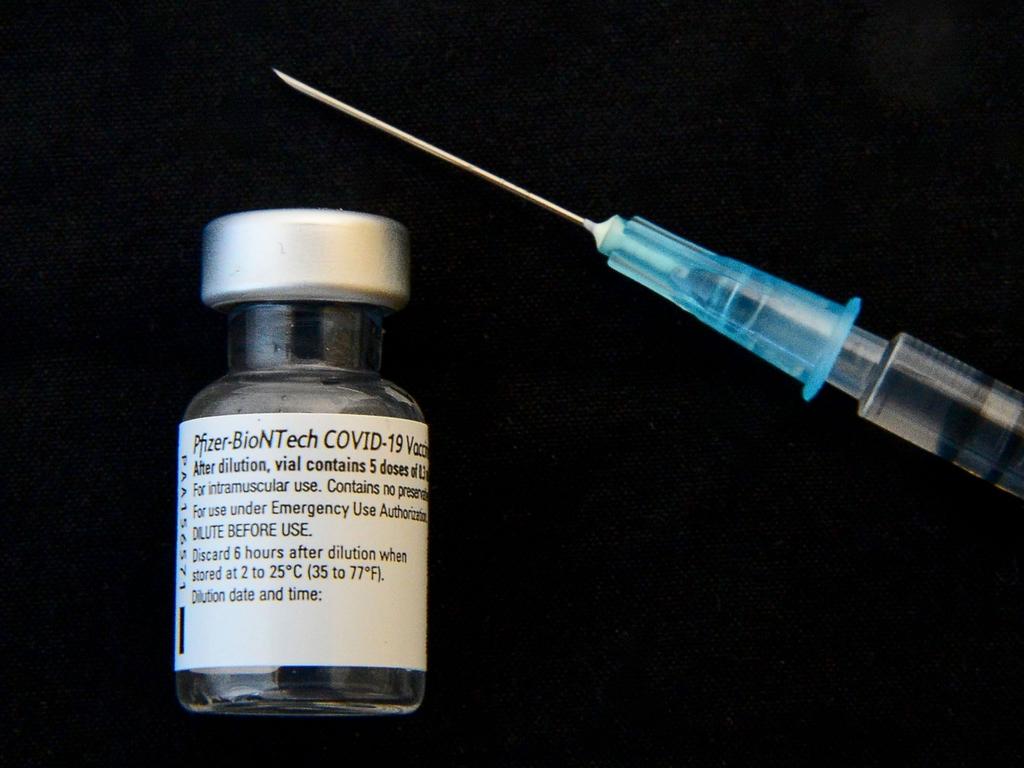
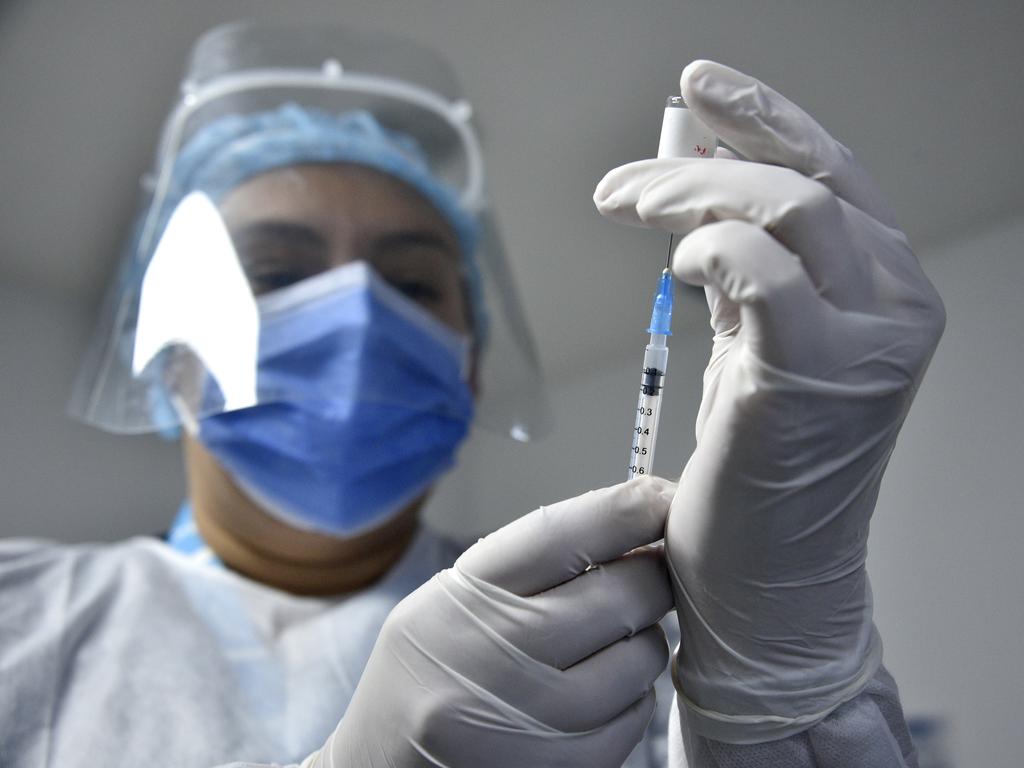
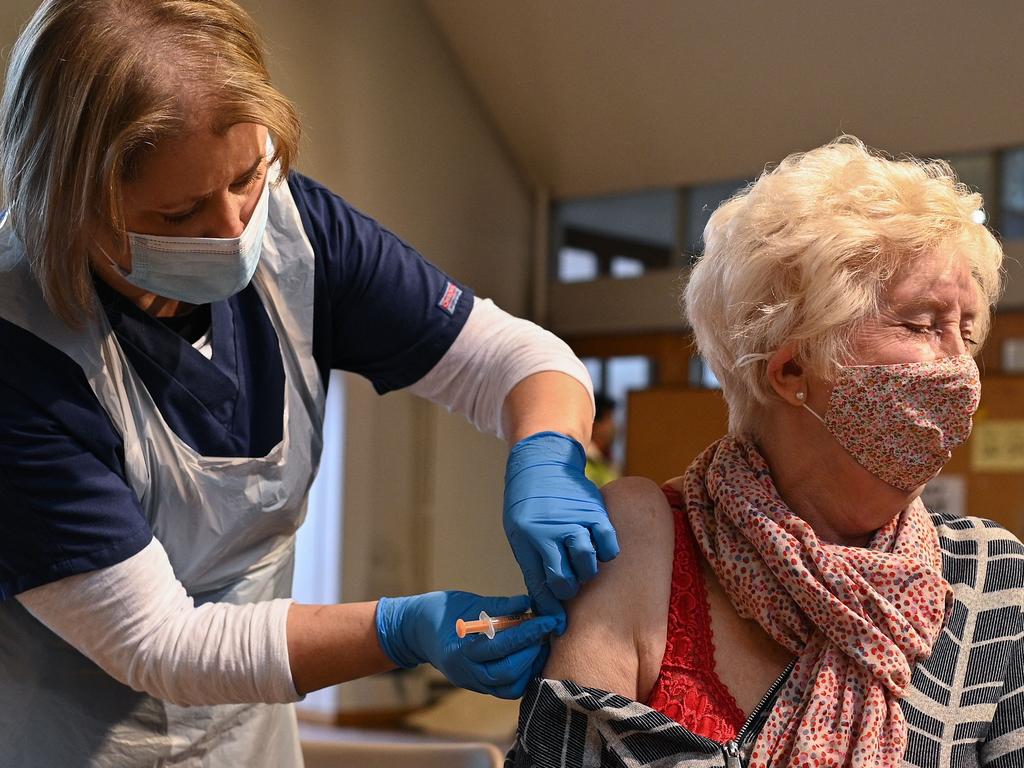


To join the conversation, please log in. Don't have an account? Register
Join the conversation, you are commenting as Logout